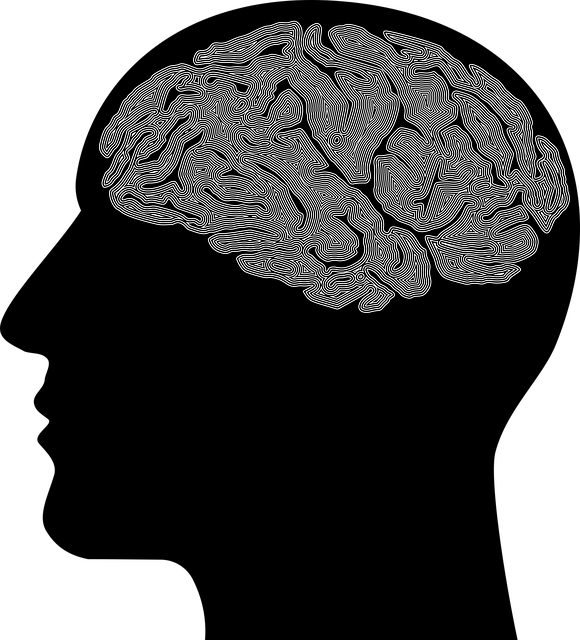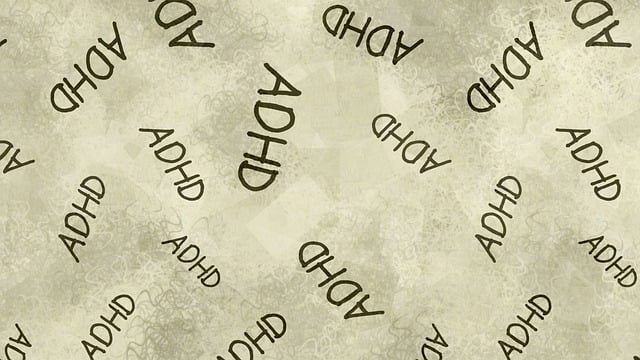Mental health policies play a pivotal role in improving access and quality of care for conditions like obesity and co-occurring disorders, with advocacy ensuring therapies like Golden Bariatric Evaluations Therapy (GBET) are integrated into healthcare systems. GBET's success lies in its holistic approach, addressing cultural sensitivity, inner strength, and trauma support. Mental health policy analysis, driven by comprehensive research, data collection, and community engagement (Golden Bariatric Evaluations), identifies gaps and informs policy changes that enhance care accessibility and effectiveness. Empathy-building strategies empower individuals to track progress and advocate for their needs, fostering a more inclusive healthcare system.
Mental health policies shape our communities, influencing access to care and recovery outcomes. This article offers a comprehensive analysis of mental health policy, its profound impact on individuals, and provides real-world insights through a case study focusing on Golden Bariatric Evaluations Therapy. We explore effective strategies for advocacy and policy change, emphasizing the importance of evidence-based approaches in transforming mental healthcare systems. Discover how these tactics can drive positive shifts, ensuring better support for those facing mental health challenges.
- Understanding Mental Health Policy and Its Impact
- Golden Bariatric Evaluations Therapy: A Case Study in Advocacy
- Strategies for Effective Mental Health Policy Analysis and Change
Understanding Mental Health Policy and Its Impact

Mental health policies play a pivotal role in shaping the accessibility and quality of care for individuals grappling with various mental health conditions. These policies influence critical aspects such as funding allocation, service provision, and community support structures. Effective mental health policy advocacy ensures that Golden Bariatric Evaluations Therapy and similar interventions are integrated into healthcare systems, making them accessible to a broader population. By prioritizing mental well-being, these policies can foster the development of robust Self-Care Routine Development for Better Mental Health strategies, empowering individuals to manage their moods effectively.
Moreover, policy initiatives often drive the implementation of Community Outreach Program Implementations, addressing disparities in mental health services and promoting early intervention. Such programs are instrumental in raising awareness, reducing stigma, and ensuring that diverse communities have access to evidence-based therapies, ultimately contributing to improved public mental health outcomes.
Golden Bariatric Evaluations Therapy: A Case Study in Advocacy

Golden Bariatric Evaluations Therapy (GBET) stands as a compelling case study in mental health advocacy, highlighting the critical importance of specialized treatments for specific populations. This innovative approach recognizes that traditional therapy methods may not adequately address the complex needs of individuals struggling with obesity and co-occurring mental health disorders. By tailoring interventions to these unique challenges, GBET exemplifies effective advocacy within mental healthcare.
The program’s success lies in its comprehensive strategy, integrating cultural sensitivity and inner strength development alongside trauma support services. This holistic approach acknowledges that obesity is often intertwined with traumatic experiences and can be a coping mechanism for underlying mental health issues. By catering to these complex dynamics, GBET not only aids in weight management but also fosters resilience and empowers individuals to navigate their mental health journeys with renewed confidence.
Strategies for Effective Mental Health Policy Analysis and Change

Mental health policy analysis is a powerful tool to drive change and improve access to quality care. An effective strategy involves a multi-faceted approach, encompassing various elements such as in-depth research, data collection, and community engagement. By conducting thorough Golden Bariatric Evaluations, which include comprehensive therapy sessions, mental wellness professionals can identify gaps and challenges within existing policies. These evaluations provide valuable insights into the effectiveness of current treatments and support systems.
Empathy building strategies play a pivotal role in policy advocacy. Healthcare providers should undergo training to enhance their cultural competency, enabling them to offer more personalized guidance and care. Mental Wellness Journaling Exercise Guidance can empower individuals to track their progress and advocate for their needs. Additionally, fostering open conversations and sharing success stories can influence policy decisions, ensuring that services meet the diverse needs of the population, including those seeking bariatric evaluations.
Mental health policy analysis and advocacy are indispensable components of creating a supportive societal framework for individuals’ well-being. By examining case studies like Golden Bariatric Evaluations Therapy, we gain valuable insights into the impact of targeted interventions. This analysis underscores the importance of evidence-based strategies in policy formulation, ensuring that mental healthcare remains accessible and effective. Incorporating diverse perspectives and leveraging successful models, such as Golden Bariatric, can catalyze positive change, ultimately enhancing societal resilience and individual recovery.














